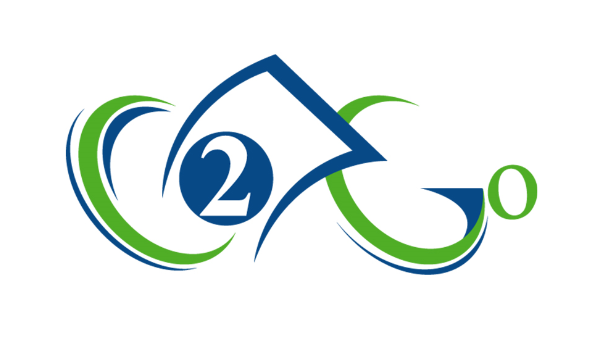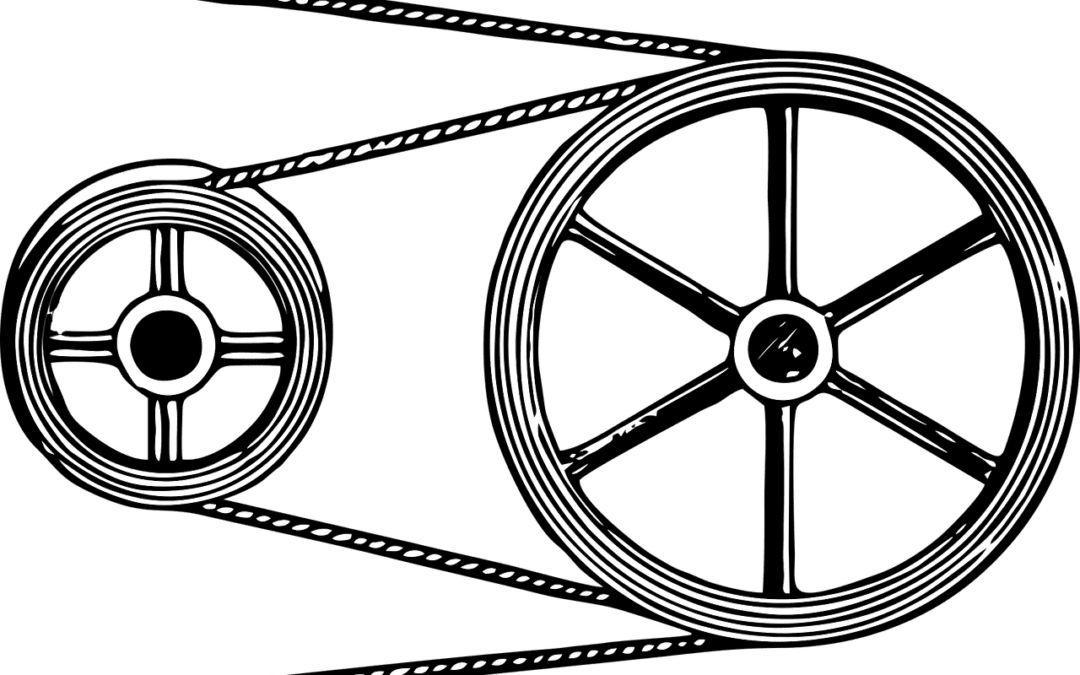A personal loan is a very practical tool when you don’t have the funds to finance something like a computer, a trip you’ve been dreaming about for a long time, or simply when you were hit by “bad luck”. Here’s what you need to know if you are thinking of applying for a loan.
First, there are 2 types of personal loans. Guaranteed, and non-guaranteed.
Guaranteed personal loan
Simply put, the creditor takes one of your assets as collateral. If for some reason you do not repay your loan they can consider taking your car away from you as guaranty for your unpaid personal loan. They can secure the amount of the loan on your life insurance, or secure the money in your bank account/TFSA/RRSP, etc.… The most common secured loans are guaranteed loans, loans on securities and pawnbroking loans.
Non-Guaranteed personal loan
The name says it! This type of loan will not take your assets as collateral. However, if you do not make your payments, the lender can sue you and they have 10 years to locate you and exercise their right.
Many lenders other than banks offer unsecured personal loans. These loans can be called installment loans, high-cost installment loans or micro loans like at Credit2Go. The interest rate on these loans is generally higher than for unsecured personal loans offered by banks. On the other hand, they offer the advantage of having access to a loan even if your bank refuses to lend you money.
Information to provide to the lender
In general, you will be asked to prove that you have:
- a regular income
- a bank account
- a permanent address
In addition, some institutions will ask you for an ID with photo and your social insurance number to avoid fraud.
Most financial institutions will check your credit report when you apply for a loan. Your credit rating helps lenders assess their risk of lending to you and your ability to repay them, based on your debt ratio and credit rating. Your debt ratio and credit rating have a direct impact on your borrowing options, including the interest rate, the type of loan and the amount granted. Credit2Go will not check your credit report, only your bank statements.
If you have a bad credit record, Credit2Go can help you fix it. Click here for more information.
Your loan
Your money will be given to you in one of the following ways:
- cash
- the funds will be deposited directly into your bank account
- electronic transfer
- sending the funds directly to other lenders if you are consolidating other debts
With Credit2Go, the amount will be deposited directly into your account the same day.
Repaying the personal loan
Your installments will be automatically taken from your bank account by pre-authorized debits. Lenders will send information about your loan payments to credit bureaus like TransUnion and Equifax.
If you make your payments on the dates stipulated in the contract, this will help your credit rating. However, if you don’t make your payments, it will have a negative impact on your credit score.
With Credit2Go you have the option to make additional payments or repay your loan before the end of your term, without penalty. Some creditors may charge a fee if you repay your loan earlier, such as the amount of interest they will not receive since the loan is repaid earlier!
Read and understand your contract
Now, be sure to ask questions if you don’t understand the terms of the contract. Federally regulated lenders must provide you with the following information when you obtain a loan:
- the amount of the loan
- interest rate, and it is fixed or variable
- duration
- the amount of payments
- other bank and service charges
- optional services you have accepted if they are offered.
Interest costs
The interest rate on a personal loan affects the total cost of the loan. By Canadian law, lenders cannot charge more than 60% interest annually, which includes all the fees, costs and interest you will pay to get the loan.
Loan insurance
You are not required to take out loan insurance. This type of insurance will help cover your loan payments if you cannot make them as a result of an unforeseen event such as an illness, accident, death or job loss. Credit2Go does not offer this kind of product.
If you don’t repay your personal loan
Before applying for a loan, you need to analyze your situation and be sure of your ability to repay the loan as there can be serious consequences.
- your creditor can ask you to pay the full amount of the loan in one lumpsum
- your creditor has the right to seize one of your assets such as your car
- your creditor will notify the credit bureaus in case of default payment and this will negatively affect your credit report and borrowing capacity
- your creditor will charge you a fee for insufficient funds if you don’t have enough money in your account to cover a pre-authorized payment.
- your lender can sue you for the debt if you do not show your intention to pay your loan back, and they have 10 years to do it.
Act quickly if you can’t make the full refund, pay what you can. But it is very important to stay in good communication with your lender.

